In this blog I want to talk about quality control through ISO certification while putting the limelight on the construction industry. The construction industry is a behemoth, therefore ISO for construction seems to be a critical aspect to focus on, don’t you agree?
Obviously, the first question that pops into one’s head when reading this is “How can ISO standards help with quality control?”
But, beforehand, we must discuss the construction industry and what it entails.
What Defines the Construction Industry?
The construction industry can be summed up to be the infrastructure that we utilize to effectively live and thrive. The ultimate aim for the construction industry is to create structures that can provide peace of mind to inhabitants of that building, to others who reside in the proximity of the said building and also, to provide jobs to skilful workers and individuals. The peace of mind that people seek is to know that the building has been constructed in a meticulous manner that ensures the safety of all inhabitants and those who are working in construction sites.
The construction industry can also be said to include the different elements that make up a building, such as water, electricity and sewage systems. These are essentially the infrastructure of a building, the systems that we nowadays consider to be vital to make use of a building effectively. Therefore, it is important that these are built according to standard and be finished to the highest of standards to avoid any complexities that may come up with time. So, the construction industry can be said to be critical, as through it, we can ensure that we are living in a country where we prioritise how a building is constructed, regulate the infrastructure and the finishings being used.
So, what are the type of companies that are involved in the construction industry?
Obviously, this type of industry starts from excavation of raw materials. In Malta, one raw material which was, and may still be, highly sought in the construction industry is the Globigerina Limestone, the rock that is commonly known as Franka in the Maltese language. This is a soft, gold rock limestone, one of the five sediments in the Maltese island’s rock formation. The Globigerina Limestone was heavily used in the past to construct buildings as it has the properties to keep a building cool in the intense summer heat and warm during the short winter days. Nowadays, the construction industry is making heavy use of concrete bricks and Maltese gravel to keep up with the demand in the construction industry.
However, this is where the issue of quality control comes into play. Unfortunately, in Malta, there are no quarries that have a CE marking, meaning it is effectively impossible to have manufacturers in Malta producing bricks or concrete with such markings, since one of the raw materials that is being used does not have a CE marking. So if you want to have a CE marking, you must first have a CE marking for all the raw materials being used. As a result, any manufacturer that is producing bricks and concrete by using Maltese gravel as a raw material, does not have a CE marking in their final product.
Moreover, the requirements for CE marking in Malta are not imposed in the construction industry as no construction company based in Malta has a CE marking on the materials being used. But, not having a CE marking from a quality point of view, is not something that should hinder you from having a high quality product for the construction industry. The construction industry starts from the harvesting of the raw material, then you have the manufacturing and the production of certain elements that are used in construction sites (concrete, bricks, mashes, pre-cast concrete slabs, asphalt, steel structures and more). These can be deemed to be the building blocks of the construction industry.
Obviously, you will have other companies involved in the industry, dealing with the actual construction of buildings, placing slab on top of the other, companies involved in excavation and demolition works to make way for other new buildings. You also have companies that provide a service to the construction industry, such as crane hire, that enables the construction companies to perform the tasks. So yes, when we speak of the construction industry, there are many different areas, all forming part of one big industry that ultimately, rely on one another to come up with a final product, that is the execution of a construction site.
Let’s take a look at ISO for construction Companies
When speaking about quality, we cannot skip over ISO 9001, a standard that is devoted solely to quality management. The main purpose of ISO 9001:2015 is to understand the customer requirement and provide a good or service that will solve the client’s demand to the highest of standards. So, if we take the example of concrete manufacturers and construction companies, ISO 9001 as a standard together with its quality management system can be highly beneficial to them to ensure that all quality requirements are met and if possible exceeded.
A concrete manufacturer can implement a quality control plan where every concrete batch can be tested to ensure that every batch being produced has a compressive strength to meet the required amount in newtons per millimetre squared. Companies without a quality management system are able to batch concrete without performing any internal testing to ensure that the compressive strength of the concrete being produced meets the specifications of the product being sold.








